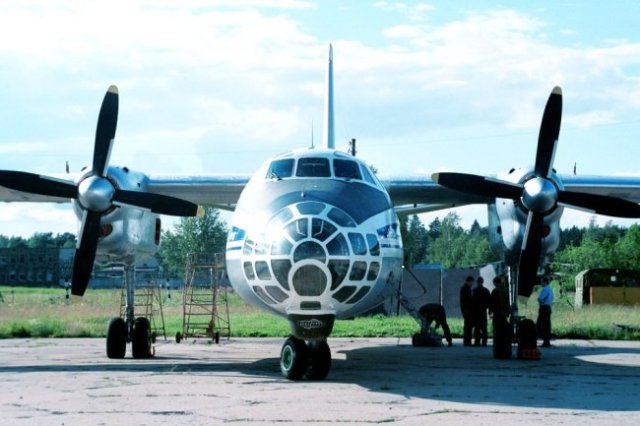This week, inspectors from France on a plane with special video recording devices on Board will perform an observation RAID over some areas of our country in the framework of the international Treaty on open skies.
It is known that they will take off from the Kubinka air base near Moscow and will follow the route agreed with the Russian defense Ministry. Our military personnel will be on Board along with the inspectors. They will make sure that the plane does not deviate from the previously approved path, and in flight, the controllers used only the means of photo and video shooting allowed by the contract.
Representatives of various countries have been conducting authorized aerial reconnaissance over our territory for more than a decade. Russian inspectors, in turn, also take photos and take pictures from the air of foreign garrisons. Official monitoring of the locations of army and Navy units of the Treaty member countries is provided for by the open skies agreements.
However, this time-tested practice based on confidence-building measures and transparency may come to an end. On November 22, the United States officially withdrew from the Treaty due to clearly far-fetched claims against Russia. And thus called into question the further participation of our country in it.
Moscow reasonably reasoned that by closing its skies to Russian inspectors, the Americans might de facto benefit. By leaving its territory and its military bases abroad out of our control, the United States will still retain sources of intelligence from Russia. As before, within the framework of open skies agreements, it will first be officially mined in our country by European partners and US NATO allies. And then secretly share the information with the Pentagon.
This is unacceptable for Russia. That is why Moscow has raised the issue of obtaining firm guarantees that the results of observation raids over our territory will not be transmitted to third countries. And the ability to still fly under open skies agreements over United States military bases in Europe.
They can promise us anything in words. But how it will be in practice-that's the main thing. Also, how do we check the guarantees if they are given to us, and is it really possible to do this at all? The problem is so serious that the press Secretary of the President of the Russian Federation Dmitry Peskov admitted: "We regret and believe that the US withdrawal from this Treaty makes this Treaty further unviable."
Of course, it is too early to put an end to Russia's participation in these agreements. But you can't exclude this option either.
Yuri Gavrilov


